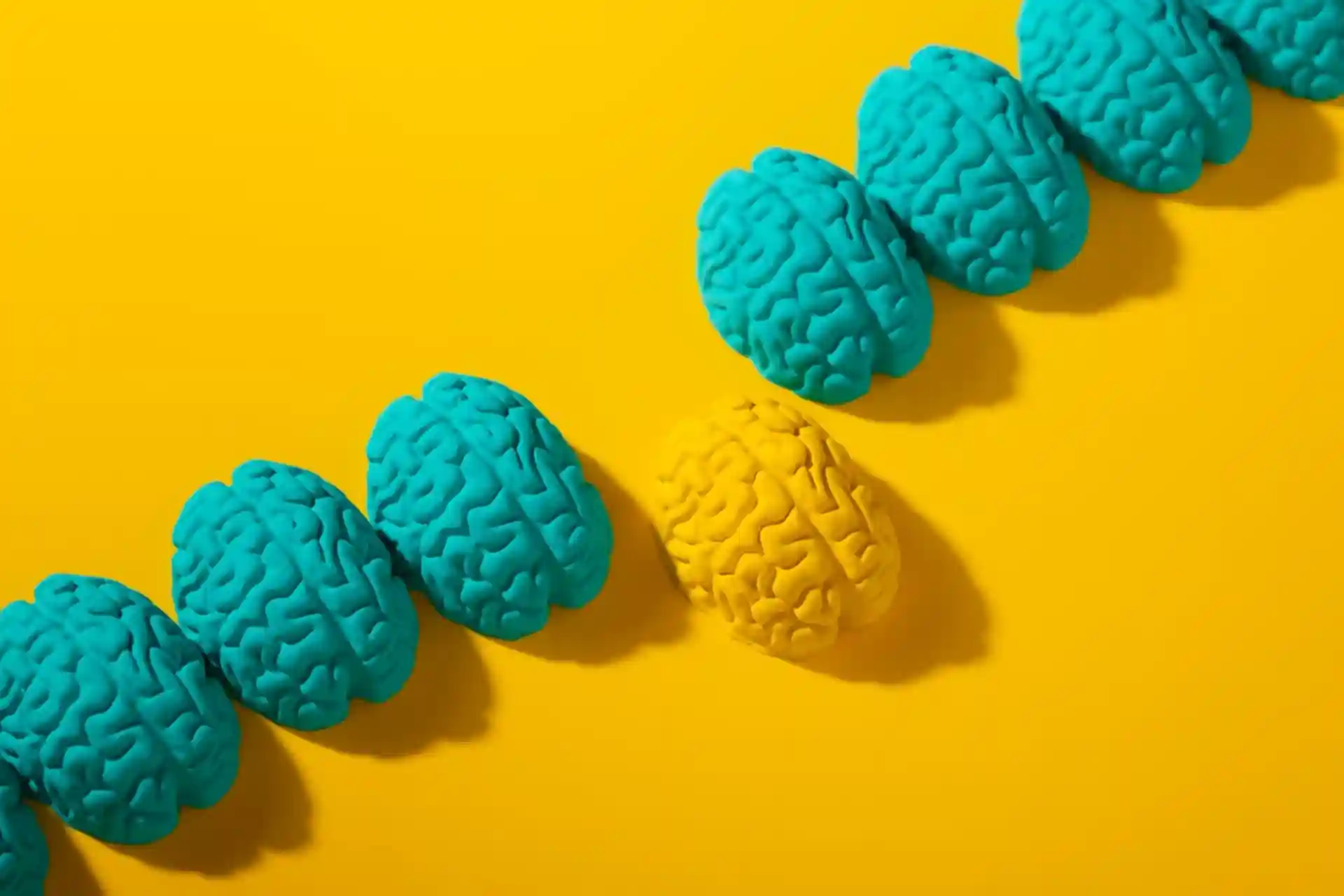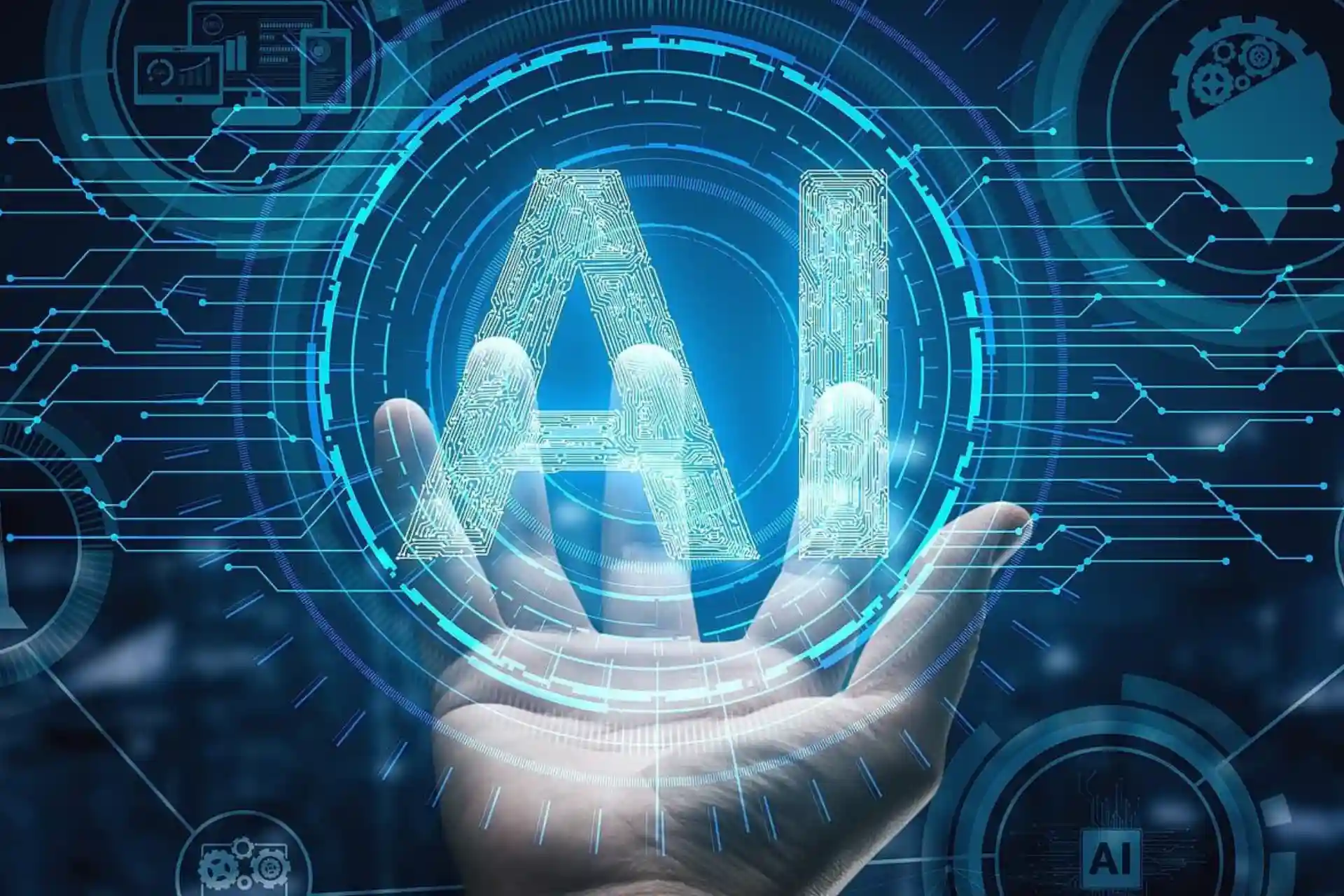29.07.2025 06:26
1751
Will artificial intelligence make us smarter or...?
What changes will happen to our brains if we rely more on artificial intelligence? Will artificial intelligence really help us learn something, or will it turn us into apathetic and unthinking people? A new study from the Massachusetts Institute of Technology (MIT) has shown surprising and sometimes alarming results. This article is about how ChatGPT and other neural networks affect our brain activity, memory, and independent thinking.
Does artificial intelligence make us smarter or vice versa?.. Today, ChatGPT and other neural networks are becoming increasingly popular. They write texts, solve problems, and suggest ideas. It's convenient and fast. But what is our brain doing at this time? Are we really learning or are we just handing over our thinking to a machine?
Scientists at the Massachusetts Institute of Technology (MIT) investigated this. They divided students into three groups and gave them an essay assignment.
– The first group wrote the essay itself;
– the second used internet data;
– the third group contacted ChatGPT directly.
Each participant had special devices attached to their heads to monitor their brain activity. So, what were the results? Can you believe it: the more help there was, the less the human brain worked. Those who used artificial intelligence showed the lowest brain activity. Those who wrote the essay by searching for information achieved slightly better results, but the highest brain activity was undoubtedly in the students who created independently.
This was also evident in the graphs displayed on the monitor: the red color decreased - that is, the neural activity decreased. In the group working with artificial intelligence, brain activity decreased by up to 55 percent. This means poor memory, poor attention, and extremely passive participation.
The results were confirmed when the groups were switched. Those who had previously worked with artificial intelligence performed worse. However, those who had first worked independently and then used artificial intelligence performed relatively better.
Conclusion: If you rely on artificial intelligence from the very beginning, the brain will "turn off". This will interfere with real learning. But if we use it to think first and then process information - this is beneficial. The brain will not lose its activity.
Of course, the possibilities of artificial intelligence are amazing. But if we leave everything to it, we will lose our ability to think.
So don't shy away from the challenge. "Think first, ask later." Then artificial intelligence will be your assistant, not your boss.



